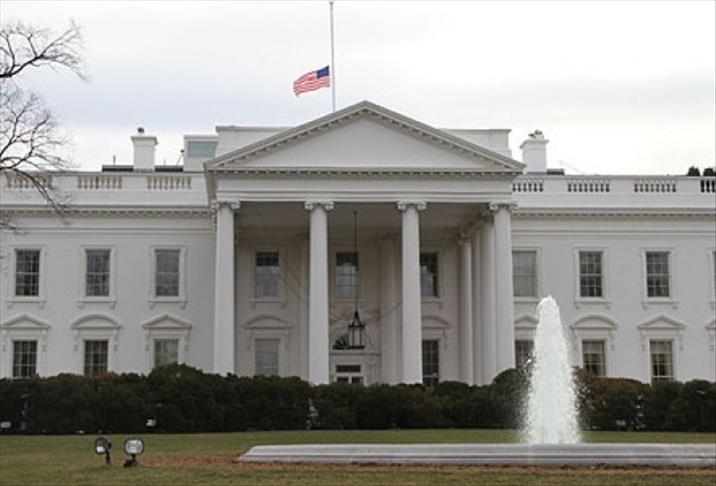
WASHINGTON
The Israeli prime minister’s decision to accept the U.S. House Speaker’s invitation to address Congress was a "breach of protocol," the White House said Wednesday.
House Speaker John Boehner announced that he had invited Prime Minister Benjamin Netanyahu to address a joint session of Congress next month, ahead of the deadline for the Obama administration and world powers to reach a political framework with Iran on its nuclear program in March.
The White House was notified shortly before Boehner's announcement which White House press secretary Josh Earnest termed "interesting."
“The typical protocol would suggest that the leader of a country would contact the leader of another country when he’s traveling there. That certainly is how President [Barack] Obama’s trips are planned when he travels overseas. This particular event seems to be a departure from that protocol," he said.
It seems clear that Republicans want Netanyahu to add pressure on the administration to apply a new round of sanctions against Iran, something Obama wants to delay, Earnest said.
Secretary of State John Kerry was asked about Netanyahu's visit during a Washington press conference with European Union’s foreign policy chief Federica Mogherini.
"We welcome the prime minister of Israel to come and speak in America any time," Kerry said but added that the method of invitation was "a little unusual."
He acknowledged that the main reason behind the invitation was to place pressure on the administration concerning Iran, however, he said despite differences in tactics, the administration and Congress have a common goal to prevent Iran having a nuclear weapon.
Congress wants new sanctions against Iran and is critical of the administration for negotiating with Tehran on its nuclear program.
During his State of the Union address Tuesday, Obama said if Congress passes new sanctions against Tehran in the midst of nuclear negotiations he would use his veto power.
Netanyahu is a vociferous critic of the administration’s attempts to broker a nuclear deal with Iran and has warned that the Islamic Republic will use an agreement as a shield for covert attempts to gain a nuclear weapon.
Kerry prefers a different approach. "We are trying to convince my former colleagues in the Congress that the United States acting unilaterally is not always the best step to take,” Kerry said during his press conference. “And in this case we have a number of other serious partners China, Russia France Germany, Great Britain."
During a Senate Foreign Relations Committee hearing, Deputy Secretary of State Antony Blinken expressed similar concerns.
Blinken warned that new sanctions could provoke Iran to leave the talks and in turn, international support to maintain sanctions on Iran would wane.
"Even if Iran does not walk away or return promptly to the table, its negotiators are likely to adopt much more extreme positions in response, making a final agreement much harder to achieve," he said.
Treasury Undersecretary for Terrorism and Financial Intelligence David Cohen, who also testified at the hearing, agreed.
"If Congress enacts new sanctions now and the negotiations ultimately prove unsuccessful, our international partners may blame us, not Iran, for the breakdown in the talks,” he said. “Overall support for the sanctions regime would then decline, making it more difficult to maintain or to intensify sanctions pressure," he added.
Anadolu Agency website contains only a portion of the news stories offered to subscribers in the AA News Broadcasting System (HAS), and in summarized form. Please contact us for subscription options.







